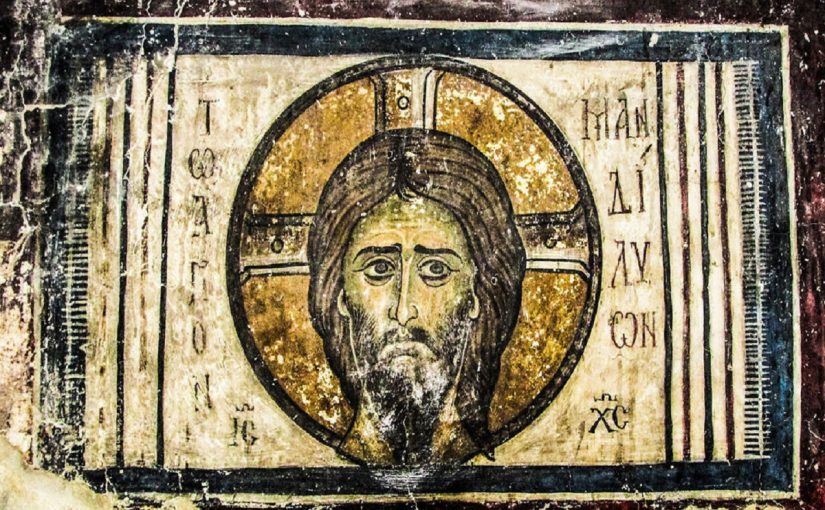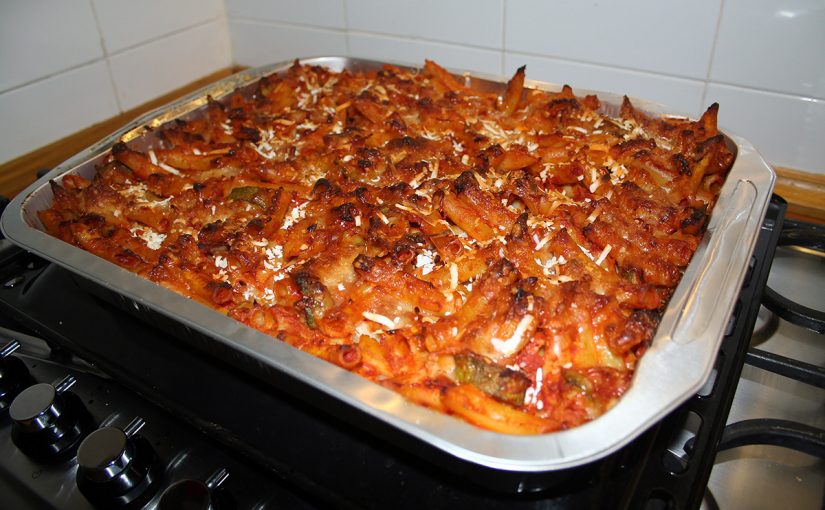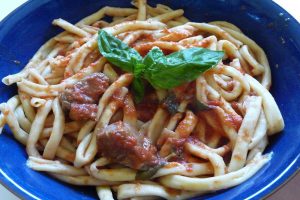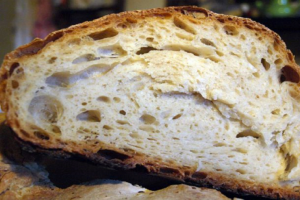18.1.2018
A SOCIETY FOR AUTHENTIC MEDITERRANEAN FOOD (S.M.A.F.)
SMAF, a Society for Authentic Mediterranean Food, is also a vision and a mission. Our culture is inspired, not to a political theory, but to a “social” theory, (this explain why our enterprise is called “Society”). We are inspired to “Distributism”, which regards a specific culture of the food and of the more general Civil Society.
PROMOTION OF ARTISANS
Our blog intends to promote Distributism, that supports a society of artisans and their culture.
Distributism (also known as distributionism or distributivism is an economic ideology that developed in Europe in the late 19th and early 20th century based upon the principles of Catholic social teaching, especially the teachings of Pope Leo XIII in his encyclical Rerum novarum and Pope Pius XI in Quadragesimo anno.
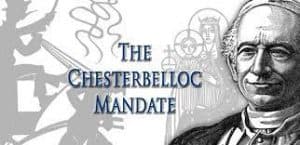
This Distributism, sustained by Gilbert Keith Chesterton, Hilaire Belloc and many others, is influenced by an emphasis, as SMAF today intends to give with its business, on small business, promotion of local culture, and favoring of small production over capitalistic mass production. A society of artisans promotes the distributist ideal of the unification of capital, ownership, and production rather than what distributism sees as an alienation of man from work.
This does not, however, suggest that distributism necessarily favors a technological regression to a pre-Industrial Revolution lifestyle (SMAF, as “distributist” dealer, appreciates and promotes the sale of industrial productions), but a more local ownership of factories and other industrial centers. Products such as food and clothing, according to Distributism, would be preferably returned to local producers and artisans instead of being mass-produced overseas.
Well, our enterprise encourages the local consume of Calabrian products, at the same time intends to make know overseas a non-mass-produced and high quality line of Food & Beverage products, because it will promote knowledge and culture of local artisans.
PROMOTION OF FAMILY-OWNED BUSINESSES
OTOH, Distributism thinks that the economic system of a society should therefore be focused primarily on the flourishing of the family unit, but not in isolation. Distributism reflects this doctrine most evidently by promoting the family, rather than the individual, as the basic type of owner; that is, distributism seeks to ensure that most families, rather than most individuals, will be owners of productive property. This is why SMAF Ltd knows and deal with many family-owned companies of the Calabrian Food & Beverage sector.
SUPPORT TO SMALL BUSINESSES
Distributism puts great emphasis on the principle of subsidiarity. This principle holds that no larger unit (whether social, economic, or political) should perform a function which can be performed by a smaller unit. Pope Pius XI, in Quadragesimo anno, provided the classical statement of the principle: “Just as it is gravely wrong to take from individuals what they can accomplish by their own initiative and industry and give it to the community, so also it is an injustice and at the same time a grave evil and disturbance of right order to assign to a greater and higher association what lesser and subordinate organizations can do.”

Therefore, SMAF takes care of small businesses and promote their work and their production.
According to Distributism, any activity of production (which distributism holds to be the most important part of any economy) ought to be performed by the smallest possible unit. This helps support distributism’s argument that smaller units, families if possible, ought to be in control of the means of production, rather than the large units typical of modern economies.
The essence of subsidiarity is concisely inherent to the well-known proverb ‘Give someone a fish and you feed him for a day; teach the person to fish and you feed him for a lifetime‘.
SMAF is proud to develop good relationships with its partners and share knowledge and opportunities.
SUPPORT TO LIFE AND SPIRIT OF CALABRIA
Distributism has often been described in opposition to both socialism and capitalism, which distributists see as equally flawed and exploitative. In contrast, distributism seeks to subordinate economic activity to human life as a whole, to our spiritual life, our intellectual life, our family life”. Therefore SMAF Ltd supports the idea that Calabrian Culture and Cuisine are, first, a fruit of our Spirit and a real value, regardless of the price, the cost or the profit.
Doing that our products will also teach a special happiness to our customers, that to take part to a Greater partnership, that of people working harder for the enjoyment of all.

In Rerum novarum, Pope Leo XIII states that people are likely to work harder and with greater commitment if they themselves possess the land on which they labor, which in turn will benefit them and their families as workers will be able to provide for themselves and their household. This happens in Calabria all days and the Pope puts forward the idea that when men have the opportunity to possess property and work on it, they will “learn to love the very soil which yields in response to the labor of their hands, not only food to eat, but an abundance of the good things for themselves and those that are dear to them.” This citation clearly states that owning property is not only beneficial for a person and their family, but is in fact a right, due to God having “…given the earth for the use and enjoyment of the whole human race”.

